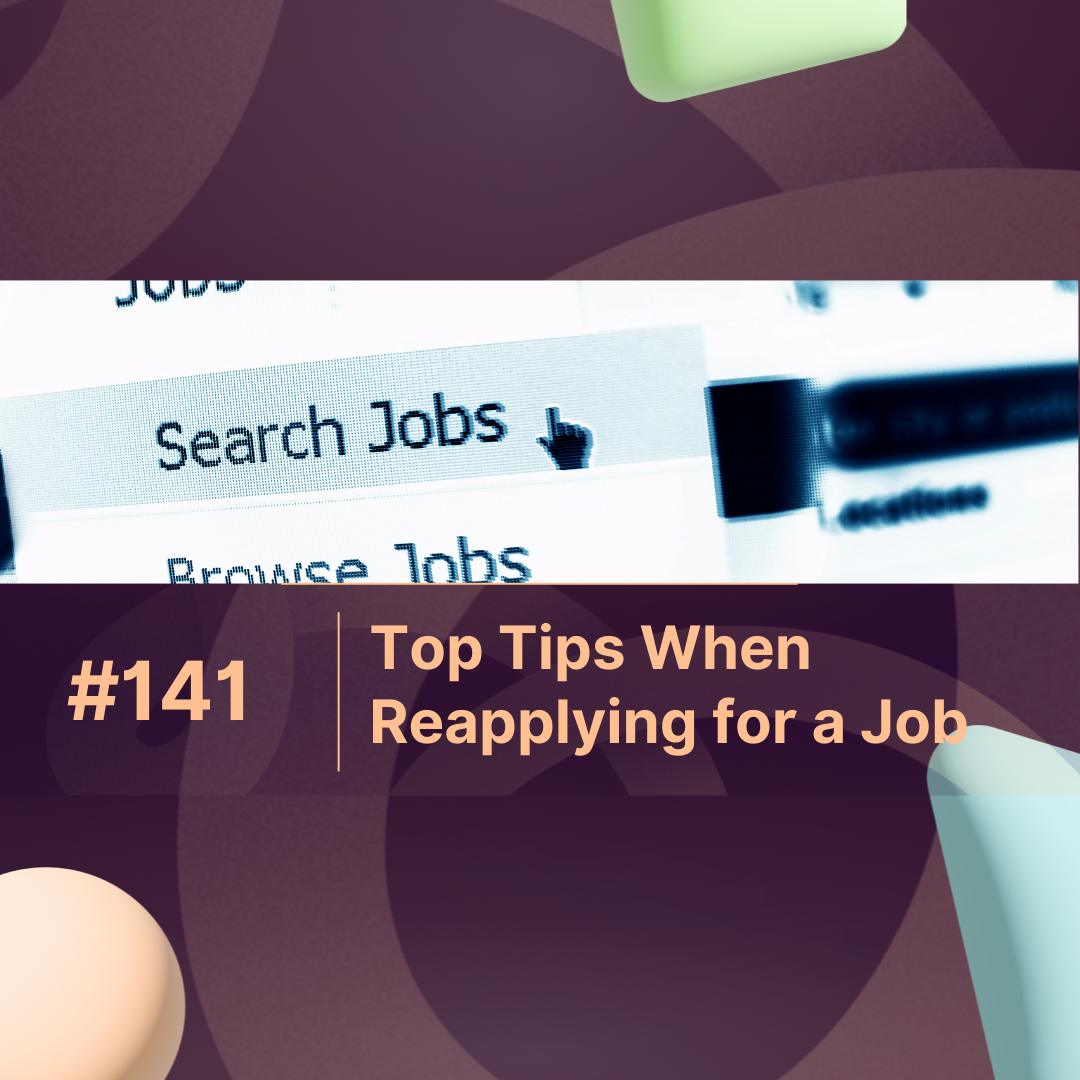Overview
Preparing for a job interview in 2025? Whether you’re entering the workforce or seeking a career move, knowing how to respond to common job interview questions and answers can set you apart from the competition. With hiring trends shifting toward soft skills, adaptability, and cultural fit, your ability to respond clearly and confidently matters more than ever.
In this guide, you’ll find the 10 most frequently asked interview questions, what employers really want to hear, and example responses you can personalize to stand out.
1. Tell me about yourself
Why it’s asked: To gauge your background and communication style.
How to answer: Give a short summary of your professional experience tailored to the role. Sample: “I’m a project manager with 6+ years of experience in SaaS. At my last company, I reduced delivery time by 30% through agile workflows. I’m now looking to apply my skills in a fast-paced, growth-oriented environment.”
2. Why do you want to work here?
Why it’s asked: To assess your interest and company research. How to answer: Mention the company’s mission, values, or culture. Sample: “Your commitment to innovation and sustainability really aligns with my values. I admire your recent product launch and see strong opportunities to grow with your team.”
3. What are your strengths?
Why it’s asked: To understand where you add value. How to answer: Share 2–3 core skills, backed by examples. Sample: “I’m detail-oriented and a strong communicator. In my last role, I led a cross-functional team that improved client onboarding by 25%.”
4. What is your biggest weakness?
Why it’s asked: To assess self-awareness. How to answer: Share a real, minor weakness and what you’re doing to improve. Sample: “I used to avoid giving feedback, but after taking a management course, I now lead weekly check-ins to support my team more effectively.”
5. Why should we hire you?
Why it’s asked: To evaluate your unique value. How to answer: Match your skills and experience with the job requirements. Sample: “I bring both creative thinking and technical skills. I recently automated a manual process that saved 40 hours per month for our operations team.”
6. Where do you see yourself in 5 years?
Why it’s asked: To measure ambition and cultural fit. How to answer: Share a realistic and growth-oriented plan. Sample: “I hope to be leading a team, helping shape product strategy, and mentoring junior colleagues.”
7. Tell me about a time you failed
Why it’s asked: To evaluate accountability and growth mindset. How to answer: Use the STAR method: Situation, Task, Action, Result. Sample: “During a campaign launch, I underestimated resource needs. I took responsibility, restructured timelines, and the campaign still hit 90% of its target.”
8. How do you handle pressure?
Why it’s asked: To assess your resilience. How to answer: Share a real scenario where you remained composed and effective. Sample: “During a product outage, I coordinated with tech and support teams, communicated transparently with customers, and we resolved the issue within 3 hours.”
9. Describe a successful project you led
Why it’s asked: To test leadership and execution. How to answer: Highlight your role, the outcome, and metrics. Sample: “I led a rebranding project that increased web traffic by 60% in 3 months. My role involved strategy, timelines, and stakeholder alignment.”
10. Do you have any questions for us?
Why it’s asked: To measure engagement and curiosity. How to answer: Always ask a thoughtful question. Sample: “How do you measure success in this role after the first 90 days?”
Tips to Prepare for Interviews in 2025
- Practice aloud: Helps build confidence.
- Tailor responses: Research the company thoroughly.
- Use the STAR method: Structure answers to behavioral questions.
- Be authentic: Show enthusiasm and honesty.
- Dress appropriately: First impressions still count.
FAQs
1. How many questions are typically asked?
Most interviews cover 5–10 core questions depending on the role and seniority.
2. Should I memorize answers?
No. Use talking points so your answers sound natural and confident.
3. How do I talk about weaknesses?
Pick a real but manageable weakness and share how you’re improving it.
4. Is it okay to ask questions at the end?
Yes, and it shows you’re engaged. Ask about team culture, expectations, or next steps.
5. How can I stand out in interviews?
Customize answers to the role, show enthusiasm, and share specific results.



